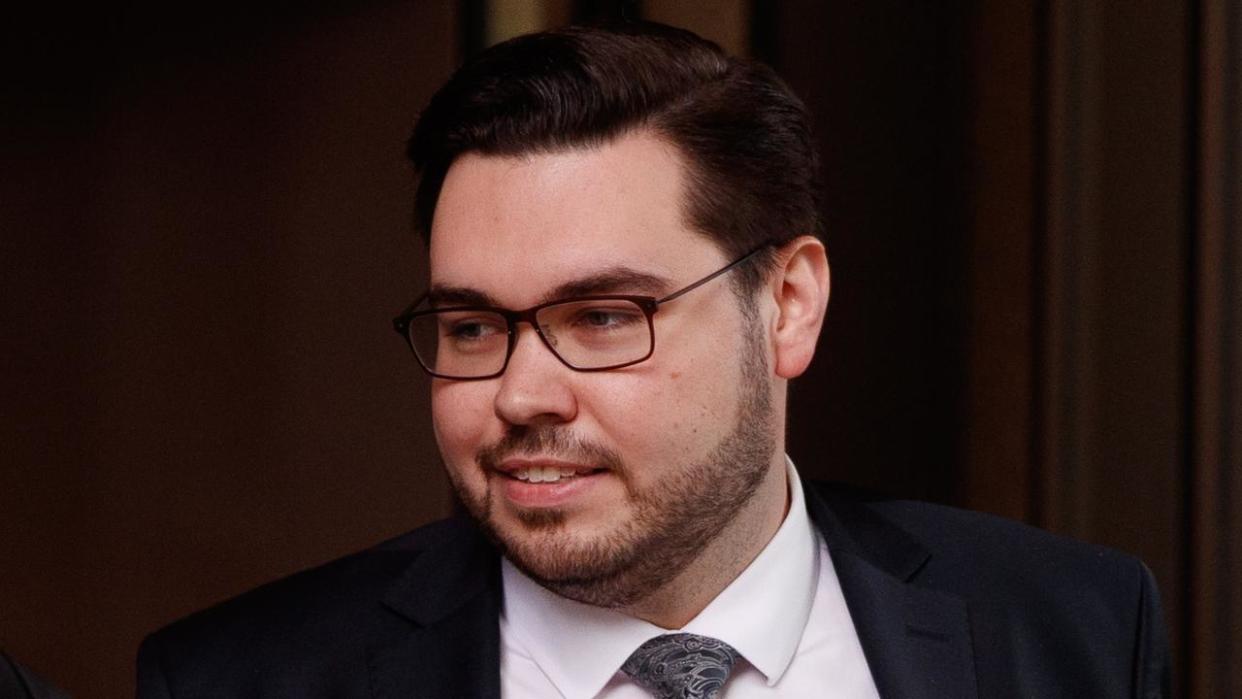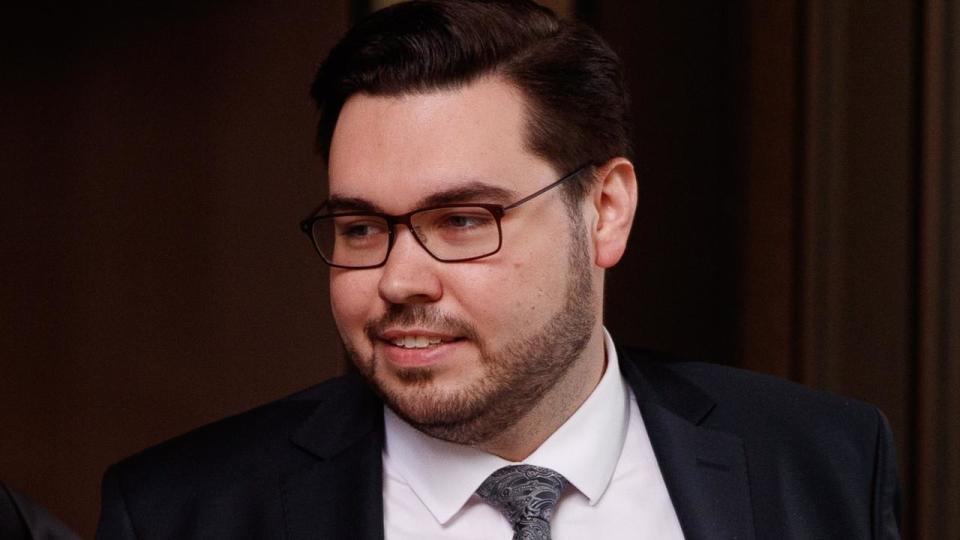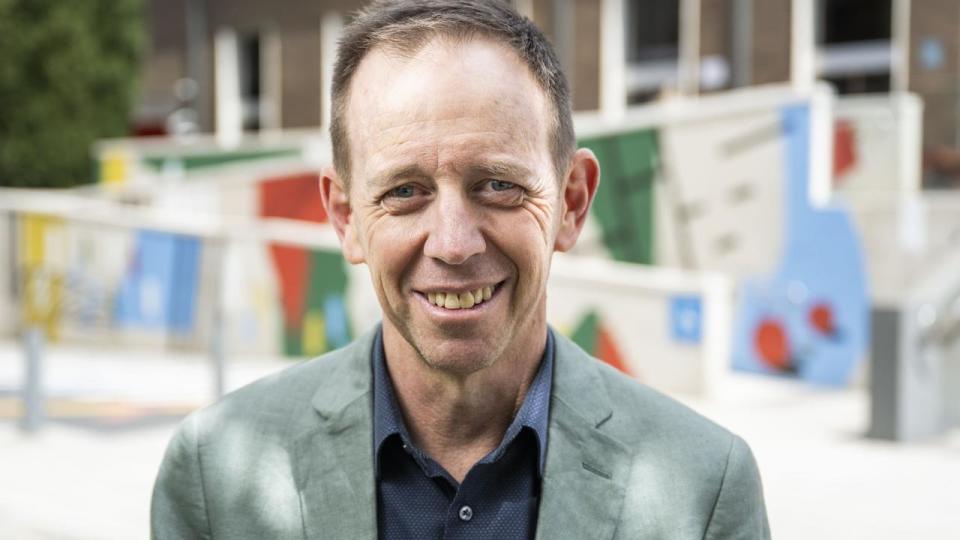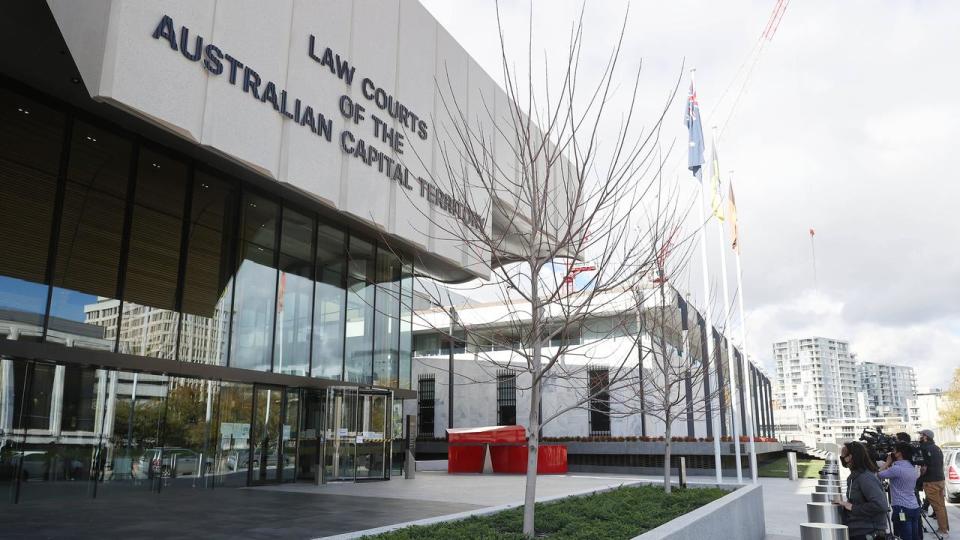Tough new laws after Lehrmann mistrial

Jurors in the ACT who defy their roles and responsibilities in court will face up to two years in jail as the government tries to avoid mistrials like the Bruce Lehrmann rape case.
The ACT passed the new laws on Wednesday in a bid to protect the integrity of jury trials and streamline the process as well as reduce delays and costs for all involved.
The new laws make it an offence for jurors to research or seek their own information about a trial outside of the courtroom, including through online searches.
If found guilty, a juror could be punished by a maximum penalty of two years in jail.
The laws come nearly two years after a mistrial was declared in the case against Mr Lehrmann, who faced an ACT Supreme Court trial over the alleged rape of ex-colleague Brittany Higgins.

Mr Lehrmann, a former federal Liberal Party staffer, has always maintained his innocence and the DPP dropped the rape charge against him after consideration of Ms Higgins’ mental health.
The lengthy trial had been aborted after a sheriff’s officer accidentally knocked over a juror’s folder while tidying the jury room at the end of one of the court days.
The officer discovered by chance that the folder contained academic research about sexual assault that had not been part of the courtroom evidence heard by the jury.
Despite warning the jury 17 times to not do their own research, Chief Justice Lucy McCallum was forced to abort Mr Lehrmann’s trial and discharge the jury from their duties.
At the time, conducting independent research or inquiries was not illegal in the ACT.
ACT Attorney-General Shane Rattenbury said the new laws would help prevent hung juries and the need for retrials.

“In a diverse community people may not always agree, resulting in hung juries,” he said.
“This not only causes delays and increased costs but also adds emotional strain for victims, accused people and others involved in the proceedings.
“The community expects both an efficient and a fair justice system.
“These reforms will help prevent retrials and give the community confidence in our jury system.”
The new laws also allow courts to accept a verdict if 11 out of 12 jurors agree in an effort to minimise the risk of hung juries and retrials in criminal trials.
“These reforms were developed in consultation with key justice sector stakeholders,” Mr Rattenbury said.
“Feedback from the justice sector was strongly supportive of updating our jury laws.
“We understand the vital role jurors play in our criminal justice system.
“These new laws make their responsibilities clear – both for jurors and the community – and will make the process of coming to a verdict more efficient.”

The ACT government also passed laws on how evidence must be disclosed by the prosecution in criminal proceedings, including a clear timeframe of compliance.
If the prosecution fails to meet their disclosure obligations, the legislation allows the court to make orders at its discretion.
Victim-survivors were also given a greater voice in court, with new rules allowing people to be heard by the court in matters where protected confidences, such as counselling records, about sexual assault or family violence may be used.
“These reforms strike a careful balance between the rights of defendants and the needs of victims,” Mr Rattenbury said.
“By codifying disclosure rules, we are creating certainty and transparency for all those involved in criminal proceedings in the ACT. We are ensuring the proper administration of justice.
“At the same time, the standing amendments support victim-survivors to have their voices heard. This strengthens the integrity of our justice system.”


